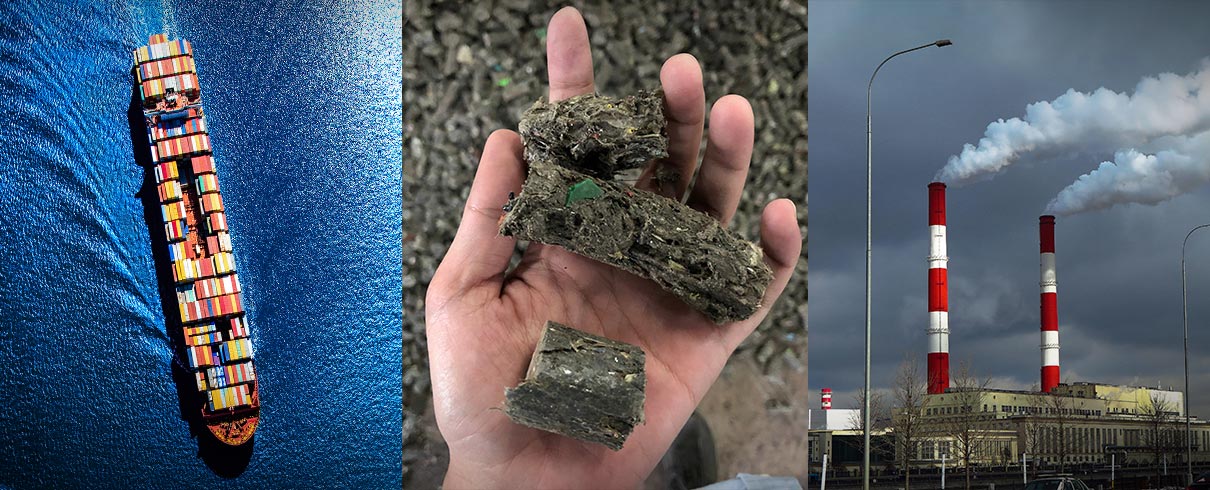http://www.endseurope.com/article/47076/uk-government-decabde-exemptions...
This week in Rome, the Stockholm Convention POPs Review Committee is considering its final recommendations to governments about listing flame retardant, DecaBDE, in the Stockholm Convention for global elimination. The auto and aerospace industries have pressured the Committee to exempt certain uses of DecaBDE. In addition, the UK government has pushed for sweeping exemptions for uses in military vehicles and airplanes.[1]
Surprisingly, an IPEN examination of submissions to the Committee revealed that the UK government submitted virtually identical comments as the UK Aerospace, Defence, Security and Space industry association (ADS).[2] For example, the UK and ADS submissions identically claim that the, “cost and time required to re-certify a change of flame retardant is substantial and we believe presents a disproportionate impact on our industry.”
IPEN Science and Technical Advisor, Joe DiGangi, said that, “Promoting industry lobbyist comments as a government submission is a clear conflict of interest, disrespectful to the UK public, and completely undermines the credibility of the government.”













